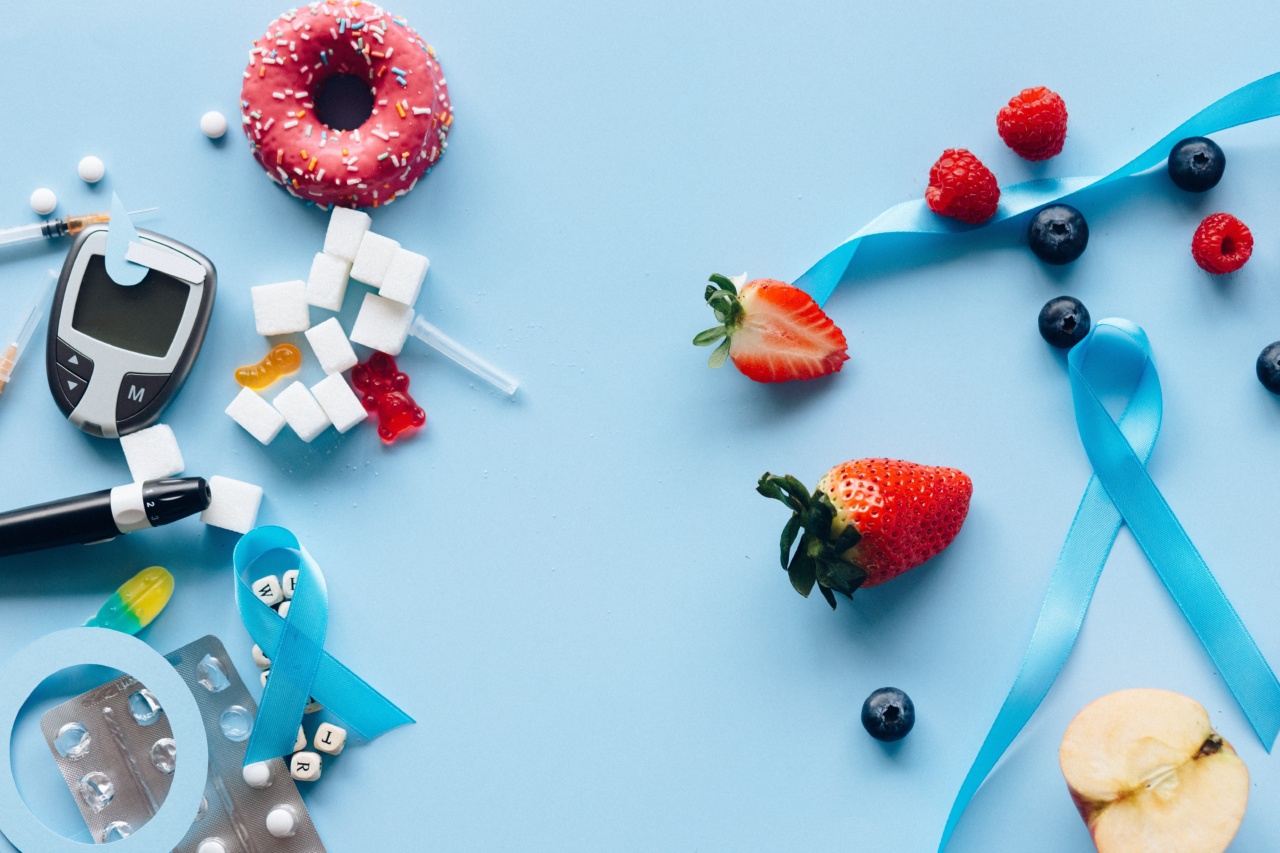When you think about foods that lower blood pressure and protect your heart, you might think of things like leafy greens, whole grains, and lean proteins. But there’s another food that deserves a place on that list: bananas.
That’s right, this humble fruit that’s often thought of as a basic snack or breakfast item is actually a stealthy defender of heart health.
Bananas: A Nutrient-Packed Powerhouse
One reason why bananas are heart-healthy is because they’re packed with important nutrients that our bodies need to function properly. Some of the key nutrients in bananas include:.
- Potassium: Bananas are one of the best sources of potassium out there. This mineral plays a crucial role in maintaining healthy blood pressure levels.
- Fiber: Fiber is important for heart health because it helps lower cholesterol levels, reducing the risk of heart disease.
- Vitamin C: This antioxidant helps protect our cells from damage and may lower the risk of heart disease and stroke.
- Vitamin B6: Bananas are a good source of vitamin B6, which helps the body produce red blood cells and is needed for proper brain function.
Because bananas are such a rich source of these and other important nutrients, they’re a great choice for a heart-healthy diet.
The Blood Pressure Benefits of Bananas
One of the most impressive things about bananas is their ability to lower blood pressure. This is largely thanks to their high potassium content. Potassium helps counteract the harmful effects of sodium in the diet.
When sodium levels in the body are too high, it can cause the blood vessels to constrict, making it harder for blood to flow through. This can raise blood pressure levels and increase the risk of heart disease.
However, when we eat foods that are high in potassium, like bananas, it helps to balance out the effects of sodium. Potassium helps our blood vessels relax and dilate, improving blood flow and lowering blood pressure levels.
One study from 2013 found that eating two bananas a day can lower blood pressure levels in people with hypertension by up to 10%. That’s a pretty impressive result for such a simple dietary change!.
Other Heart-Protective Effects of Bananas
Lowering blood pressure isn’t the only way that bananas can help protect your heart. Here are a few other ways that this fruit can benefit your cardiovascular system:.
Reducing Inflammation
Inflammation is a normal response to injury or infection in the body. However, when inflammation becomes chronic (meaning it sticks around for a long time), it can contribute to the development of heart disease.
Some research suggests that eating foods that are high in antioxidants, like bananas, can help reduce inflammation in the body, helping to lower the risk of heart disease.
Improving Blood Sugar Control
High blood sugar levels can damage the blood vessels and increase the risk of heart disease. However, fiber-rich foods like bananas can help improve blood sugar control.
Fiber slows down the absorption of sugar into the bloodstream, reducing the risk of blood sugar spikes and crashes.
Supporting Healthy Gut Bacteria
Our gut microbiome – the community of bacteria living in our intestines – plays a crucial role in our overall health, including our heart health.
Some research suggests that eating foods that are high in prebiotic fiber, like bananas, can help support a healthy gut microbiome, reducing the risk of heart disease.
How to Add More Bananas to Your Diet
If you’re not already eating bananas on a regular basis, now is the time to start! Here are a few ideas for incorporating this heart-healthy fruit into your diet:.
- Slice up a banana and add it to your morning oatmeal or yogurt.
- Throw a banana, some frozen fruit, and some leafy greens into a blender for a quick and easy smoothie.
- Spread some peanut butter on a banana for a delicious and filling snack.
- Slice up a banana and add it to a salad for a touch of sweetness.
Remember, two bananas a day is the magic number when it comes to reaping the blood pressure-lowering benefits of this fruit. So go ahead and make bananas a regular part of your heart-healthy diet.





























